What is the key to choosing a custom tin can manufacturer for your product packaging?
When working with a custom tin can manufacturer, the key to a successful partnership lies in evaluating several key factors, such as production capacity, material quality, delivery time, and the manufacturer’s ability to meet your specific needs. Packaging plays a crucial role in product presentation and protection, so choosing the right manufacturer ensures not only that your product stands out on the shelf but also that it arrives in optimal condition. From a custom tin can manufacturer’s perspective, we emphasize the importance of partnering with one that strikes the right balance between customization, quality, reliability, and cost-effectiveness.
Evaluating the Customization Capabilities of a Custom Tin Can Manufacturer
One of the most important considerations when choosing a custom tin can manufacturer is their ability to customize your packaging to meet your product’s packaging requirements. Packaging not only houses your product but also communicates your brand message and attracts customers. A reliable custom manufacturer should offer a wide selection of sizes, shapes, finishes, and printing techniques to ensure your packaging is as unique as your product. These options include custom shapes that reflect your product’s characteristics, embossed logos that enhance your aesthetic, and vibrant full-color printing to make your product’s packaging stand out. Specialty finishes, such as matte, glossy, or metallic coatings, can further enhance the packaging’s visual appeal and durability. Therefore, when considering a custom can manufacturer, ensure they possess the necessary manufacturing expertise and customization skills to provide high-quality, custom services that meet your brand and functional needs.
Evaluate the Quality of Materials Used by Custom Tin Can Manufacturers
The quality of materials used in custom tin can manufacturing directly impacts the durability and safety of the product. Custom tin cans are typically made from tinplate, a steel-based material coated with tin. Tinplate is a popular metal packaging material due to its excellent corrosion resistance and strength. However, not all tinplate is created equal; the thickness, composition, and quality of the tin used can vary. When choosing a custom tin can manufacturer, please inquire about the specific materials they use and the standards they adhere to during their production process.
High-quality tin cans not only ensure aesthetically pleasing packaging but also provide durability and resistance to external factors such as moisture, air, and light. They also play a crucial role in preventing rust, which could compromise the safety and integrity of the product inside. It is also important to ensure that the materials used meet regulatory standards, especially if your product is food-related or contains sensitive ingredients.
Lead Time and Production Flexibility
Another key factor to consider is the custom can manufacturer’s lead time and production flexibility for custom tin cans. In a fast-paced market, businesses must be able to adapt quickly to changing demands, particularly during peak seasons or when preparing for new product launches. A reliable custom tin can manufacturer should meet your required timelines without sacrificing quality. Therefore, be sure to discuss lead times upfront and ensure the manufacturer can deliver your custom tins within the agreed-upon timeframe. Also, evaluate their production capacity and flexibility. Can they scale production to meet your changing needs? Are they capable of efficiently handling large orders? A custom can manufacturer’s ability to handle both large-scale production runs and small, custom orders is essential. This flexibility allows you to adapt to market trends without worrying about packaging delays or backlogs.
Experience and Manufacturing Expertise in Your Industry
A reliable custom manufacturer also requires extensive experience and expertise in your specific industry, which can significantly impact the overall packaging process. Whether you are in the food, cosmetics, or other industries, your packaging needs will vary depending on your product and its unique requirements. Manufacturers with extensive experience in your specific market will understand the regulations, quality standards, environmental considerations, and custom styling factors required for your product packaging. For example, if you are in the food industry, the manufacturer should be familiar with FDA regulations and the need for food-safe coatings. Similarly, if you are packaging cosmetics, you will want to work with a manufacturer that understands the importance of tamper-evident seals and premium finishes. Manufacturers with specific industry experience will be better able to guide you through the customization process and provide recommendations tailored to your needs.
Quality Control and Testing
Ensuring the quality of your custom tin cans safeguards product integrity and increases customer satisfaction. A reliable custom tin can manufacturer should have a rigorous quality control process, from the selection of raw materials to final inspection before shipment. Look for manufacturers with ISO or other industry certifications to demonstrate their commitment to quality. Inquire about their quality testing procedures, including leak-proof seal testing, lid fit testing, and durability testing under various conditions. Also, consider how they address any defects or inconsistencies in the production process. Do they have a robust system for identifying and resolving quality issues, and do they offer a warranty on their products? Manufacturers with strict quality control procedures help ensure your packaging arrives intact, minimizing the possibility of product damage or packaging failure during transit or on retail shelves.
Evaluate Manufacturers Thoroughly
The key to choosing a custom tin can manufacturer for your product packaging is to evaluate factors such as their customization capabilities, material quality, lead time, production flexibility, industry experience, and quality control. This allows you to make an informed decision that best meets your needs. Partnering with the right manufacturer can enhance your brand image and provide added value to your customers.

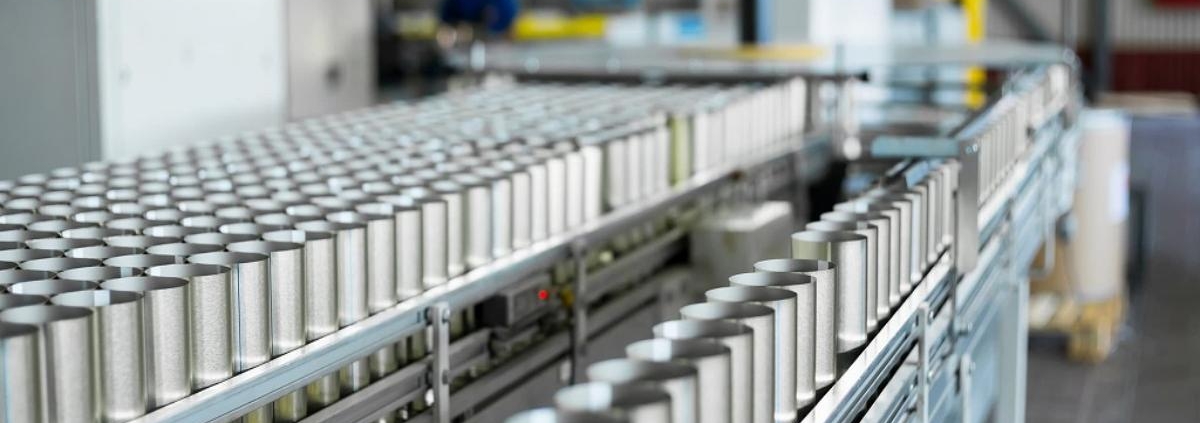

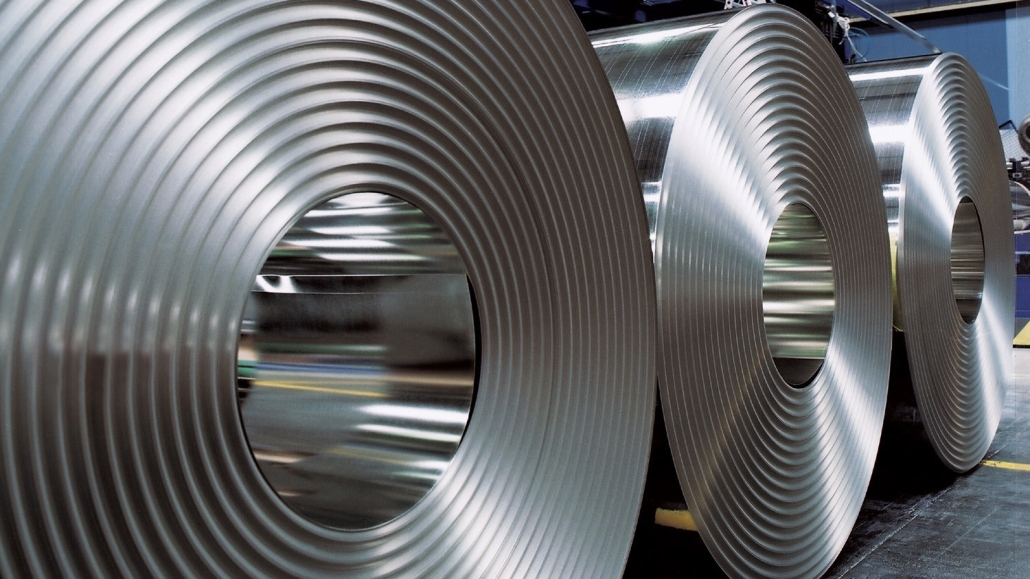
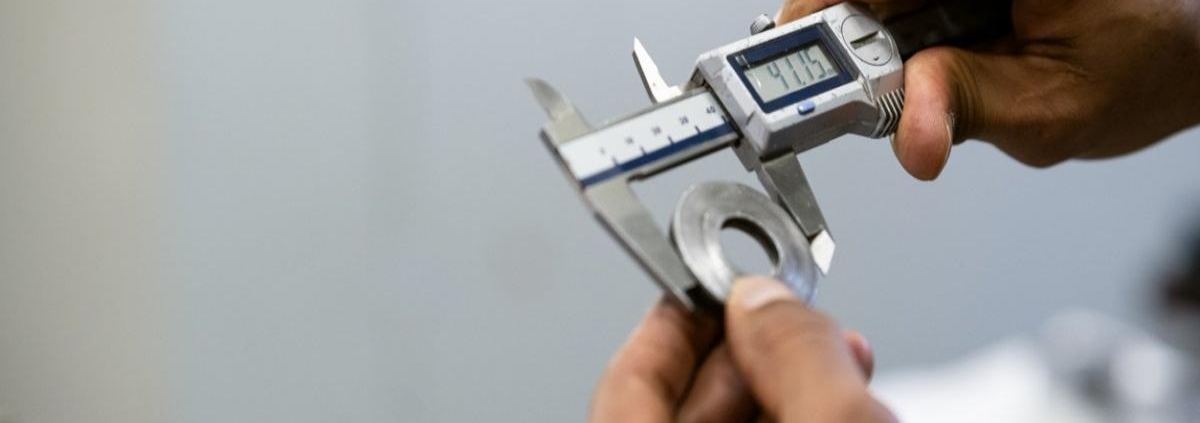
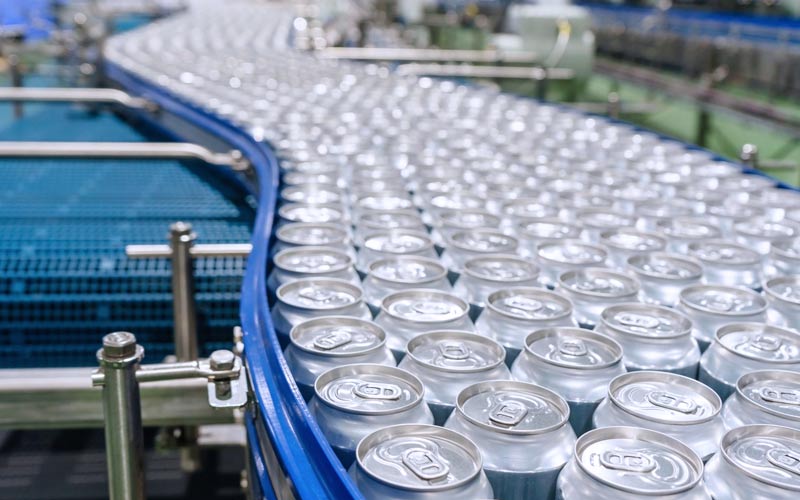
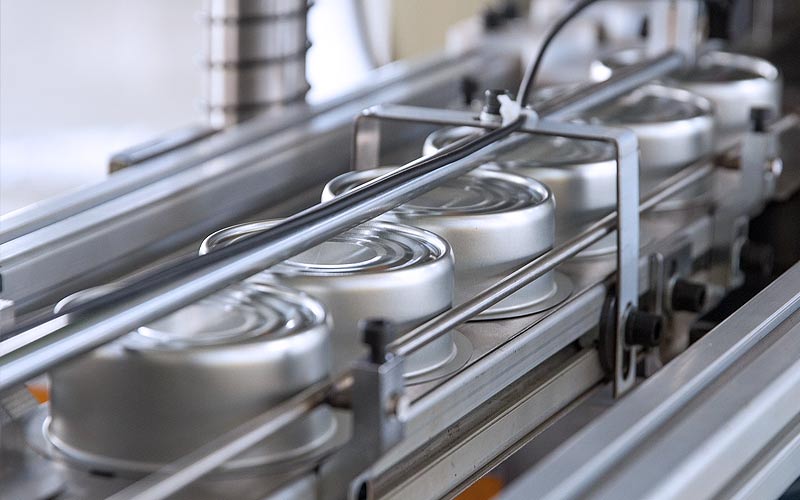
 Facebook
Facebook Twitter
Twitter Linkedin
Linkedin